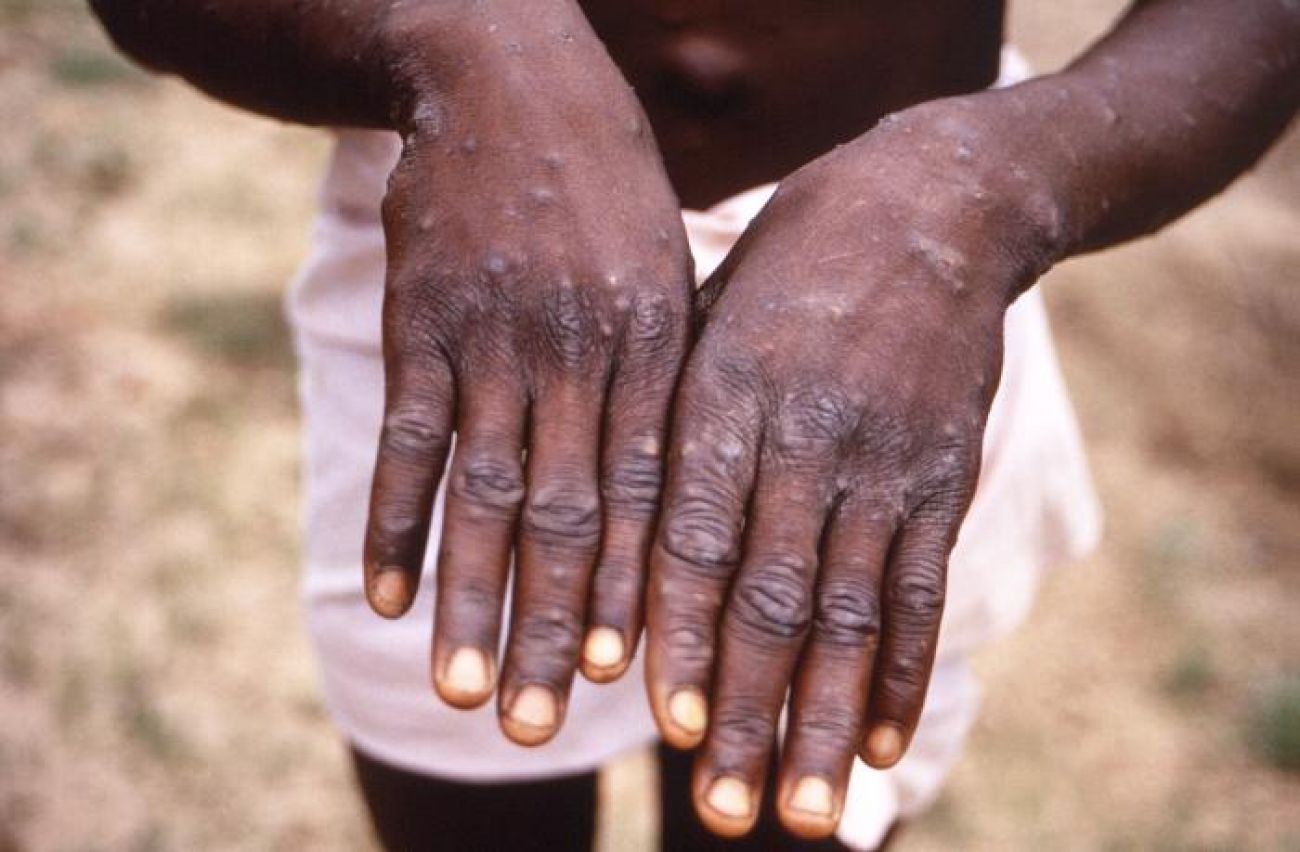Michigan monkeypox cases climb; state limits 2-dose vaccines to single dose


- Until recently, monkeypox was mostly limited to central and western African countries. Michigan had 23 confirmed cases.
- Michigan has received fewer than 2,000 vaccines — so few that it won’t give second doses as recommended, at least for now.
- The state has set up a new webpage with information about monkeypox cases.
With monkeypox cases on a slow uptick but vaccines in short supply, Michigan will limit vaccines to one dose per person, despite the drugmakers’ instructions to use two doses, a state health department spokesperson told Bridge Michigan.
Michigan has received fewer than 2,000 doses of the vaccine, JYNNEOS — a small fraction of the 310,000 vaccines distributed so far nationally, according to data provided by the U.S. Department of Health and Human Services, which has said it is distributing vaccines first to communities most affected.
Nearly one in three of the U.S. cases — 830 of 2,593 — are in New York, according to CDC data, which may lag individual state data. Nearly 30,000 doses have been sent to New York, according to federal data.
Related: Monkeypox confirmed in Michigan; first case is in Oakland County
In Michigan, the first monkeypox case was identified June 29 in Oakland County.
By Friday, the state had confirmed 23 cases, all in metro Detroit and Kent County in west Michigan, according to a new Michigan Department of Health and Human Services web page that also lists signs, symptoms and other consumer information about the virus.
Michigan’s vaccine allocation was distributed to Detroit and Oakland, Washtenaw, Kent, Kalamazoo and Grand Traverse counties because of “the population size of at-risk groups,” Lynn Sutfin, spokesperson for the Michigan Department of Health and Human Services told Bridge Michigan Friday in an email.
The sites “are acting as hubs that can and will redistribute vaccines to other areas of the state as needed,” she said.
It’s not clear how people have been exposed to the virus, but early data suggest that gay, bisexual, and other men who have sex with men make up a high number of cases, according to the CDC.
The state health department decided to limit the two-dose vaccine to a single dose, at least for now, because it will help the state health department “distribute (the) vaccine rapidly and in an equitable way” to those at highest risk for monkeypox. Beyond that, it also will target those at highest risk for severe outcomes, Sutfin said, adding that the limit will be lifted “when more vaccine is available.”
A national shortage
Michigan’s health department follows a similar decision last week by health officials in New York City who also announced they would limit the vaccines to a single dose.
“There’s not a whole lot of vaccine available right now” even as cases will undoubtedly increase, Dan Thorell, interim director of Benzie-Leelanau District Health Department, told Bridge Michigan.
At least one person in his district received a vaccination as a “probable case,” having been exposed out-of-state to an infected person.
According to the vaccine’s packaging insert, available through the U.S. Food and Drug Administration, a second vaccine dose is to be given four weeks after the first. And federal officials Friday repeated the recommendation for two doses, according to the health news site, STAT.
For now, the vaccine, which is the same one used against smallpox, is prioritized for those who have been exposed.
Monkeypox — so named because it was first identified in research monkeys — is contagious when a rash is present, typically for two to four weeks, according to the CDC. The virus is part of the same family of viruses that causes smallpox.
A monkeypox infection is rarely fatal, but the rash can be painful, then itchy as it heals. Other symptoms are also similar to smallpox: fever, headache, muscle aches, swollen lymph nodes, chills, exhaustion and a “rash that looks like pimples or blisters that appears on the face, inside the mouth, and on other parts of the body, like the hands, feet, chest, genitals, or anus,” according to the U.S. Centers for Disease Control and Prevention.
A serious infection could put “a person out of commission so they're not working or they have medical bills for two or three weeks,” said Dr. Paul Benson, medical director at Be Well Medical Center in Berkley in Oakland County. The county now has five confirmed monkeypox cases.
Getting adequate vaccines quickly will be key, Benson said. So will public awareness. If a rash or other symptoms appear, individuals should contact a health provider, according to the CDC.
And they should avoid intimate contact with others, Benson said.
“People need to have common sense. If you think something's wrong, that you have a transmissible disease, don't transmit it,” he said.
Until this year, monkeypox cases were limited mostly to central and western African countries and in people linked with international travel. But this year, monkeypox has been found in 66 other countries that had not previously identified a monkeypox case, according to the CDC.
“Collectively, if we don’t control this disease, sooner or later, it's going to have a financial toll on society,” Benson said.
The fact that infections have been confirmed mostly among men having sex with men concerns Benson. He worries that a larger public may dismiss monkeypox because they incorrectly feel they may not be affected, allowing the disease to continue spreading.
Even doctors, he said, may not be on the lookout for monkeypox. At least one of the patients he has treated had been misdiagnosed with genital warts, he said, despite a CDC health alert.
And he acknowledges: He first dismissed the letter, too.
“I didn't really think too much about it,” he said. “I heard a little bit about it leaving Africa, but I thought, it won’t happen here.”
See what new members are saying about why they donated to Bridge Michigan:
- “In order for this information to be accurate and unbiased it must be underwritten by its readers, not by special interests.” - Larry S.
- “Not many other media sources report on the topics Bridge does.” - Susan B.
- “Your journalism is outstanding and rare these days.” - Mark S.
If you want to ensure the future of nonpartisan, nonprofit Michigan journalism, please become a member today. You, too, will be asked why you donated and maybe we'll feature your quote next time!



